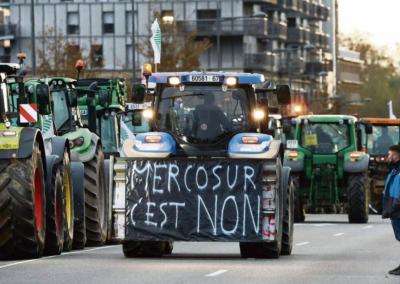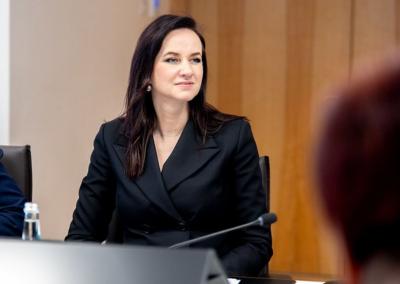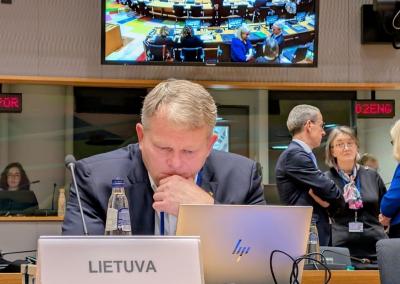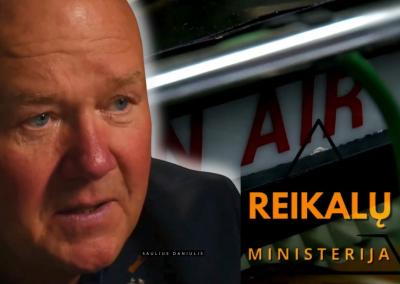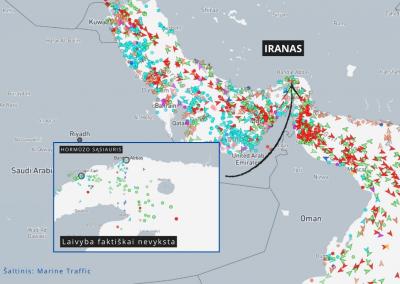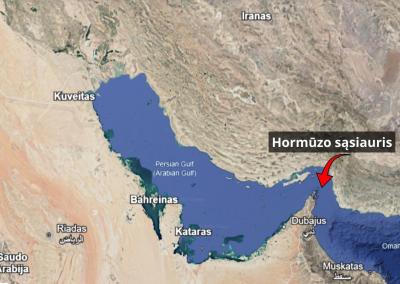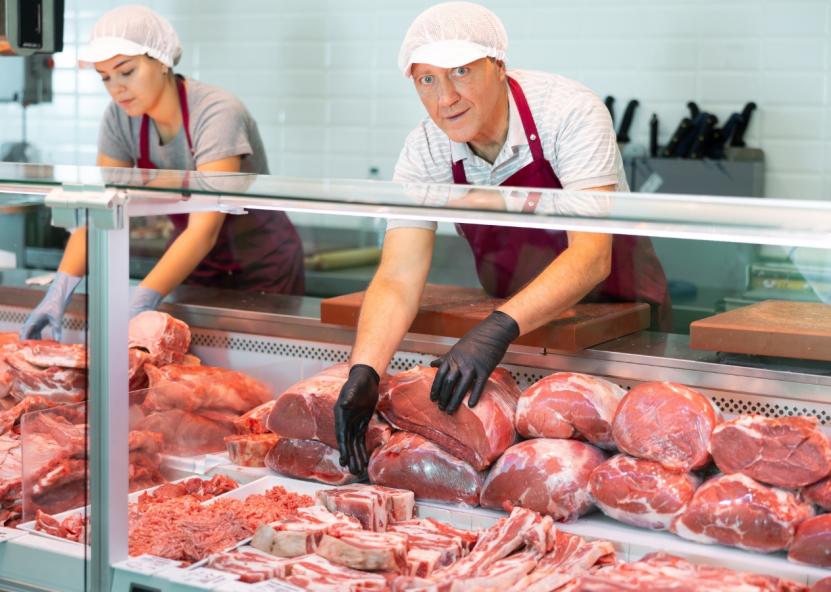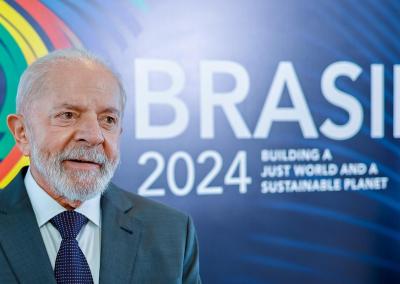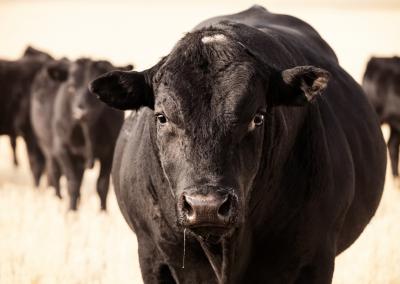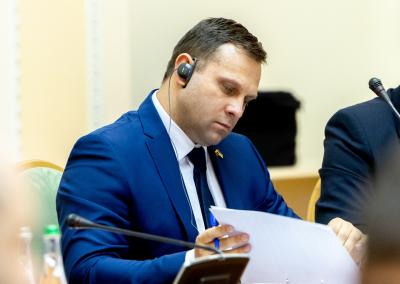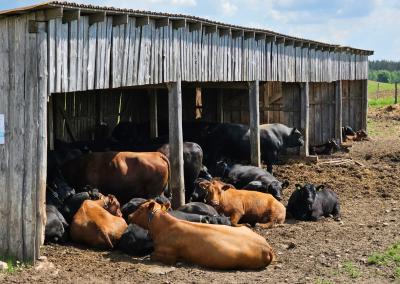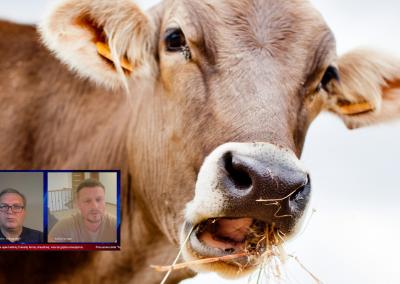Will Lithuania support the EU agreement with Mercosur?
With the departure of European Commission President Ursula von der Leyen for South America, it looks like a trade pact could finally be agreed after decades of wrangling between the EU and Mercosur. Let's take a look at this important deal being negotiated between the European Union and the South American regional bloc. As a reminder, Lithuania has not yet voted in the Seimas on this agreement.
Lithuania tends to oppose
The Ministry of Foreign Affairs of the Republic of Lithuania commented to „Agrobitei“ that „the Seimas of the Republic of Lithuania has not yet voted on the EU-Mercosur Free Trade Agreement, as negotiations are still ongoing“.
The Seimas Committee on Rural Affairs also set out its position this week to urge the Seimas not to approve the agreement.
„Our interest is not only the protection of producers (farmers and processors – BNS), but also of consumers“, – the chairman of the committee, Kęstutis Mažeika, said at a meeting on Wednesday.
After hearing both sides, the committee decided to prepare a final decision within a week with proposals for such an agreement. Vytenis Tomkus, Deputy Minister of Agriculture, said that the agreement is economically beneficial for Lithuania, as it could increase the country's agricultural and food exports.
„Reducing customs tariffs is very important, especially for sectors such as dairy products, chocolate and beverages. Tariffs to „Mercosur“ countries currently stand at 35 percent, which is five times higher than the EU's tariffs," Tomkus told the committee on Wednesday.
What is this agreement about?Negotiations were launched in 1999 with the aim of eliminating many import taxes and creating a free trade area with 700 million customers.
Established in 1991, &bquo;Mercosur“ brings together five countries – but Venezuela's membership has been suspended due to the country's undemocratic climate, so the agreement only concerns the remaining quartet: Argentina, Brazil, Paraguay and Uruguay.
South American countries are eager to take advantage of European demand for beef, poultry, sugar, rice and other commodities, as well as for minerals such as lithium, copper and cobalt, which are essential for the transition to clean energy.
The 27-member EU wants to expand its markets for cars, machinery and pharmaceuticals.
The two countries reached a preliminary agreement in 2019, but opposition in some parts of Europe has held up ratification.
Who would benefit from this?
Businesses on both continents would benefit: „Mercosur“ has a market of 270 million people, the EU – 450 million people.
Brussels says the agreement would facilitate access to the South American market for key products – including wine (currently taxed at up to 27%), spirits and cheese –.
The Spanish government, which supports the agreement, highlights its impact on wine and olive oil exports, while Germany expects to export more cars.
South America's agricultural sector, meanwhile, expects an increase in exports of meat, soya and corn. Last year, the four „Mercosur“ countries exported $24 billion of agricultural products to the EU.
Who would lose?
The potential deal has been met with opposition from the European agricultural sector, particularly in France, where farmers are staging noisy protests.
French President Emmanuel Macron has warned that the deal is „unacceptable as it stands“.
European farmers are outraged at the supposedly less stringent regulatory rules for the South American sector, pointing in particular to the industry's role in destroying vast swathes of the Amazon rainforest, which provides much-needed protection against climate change.
„It is difficult to determine the origin of each cow. We don't know how to trace them“ to find out whether farmers have complied with environmental norms, said economist Maxime‘ Combes.
The deal would eliminate import duties on around 60,000 tonnes of „Mercosur“ beef.The European Commission says this is a relatively small amount – about 1.6% of EU beef production.
France is seeking to incorporate points from the 2015 Paris climate agreement into the agreement.
Brazil, on the other hand, wants exemptions for sectors it considers strategic, such as cars.
What next?
On Thursday, von der Leyen made a surprise visit to the Mercosur summit in Uruguay and said that a deal was on the horizon.
If finally approved, the deal will have to be ratified by the EU's 15 member states, which account for 65% of the bloc's population, and then given the green light by a majority of the European Parliament.
France is seeking to block the deal, and has recently been joined by Poland. Italy, Austria and the Netherlands have also expressed doubts.















